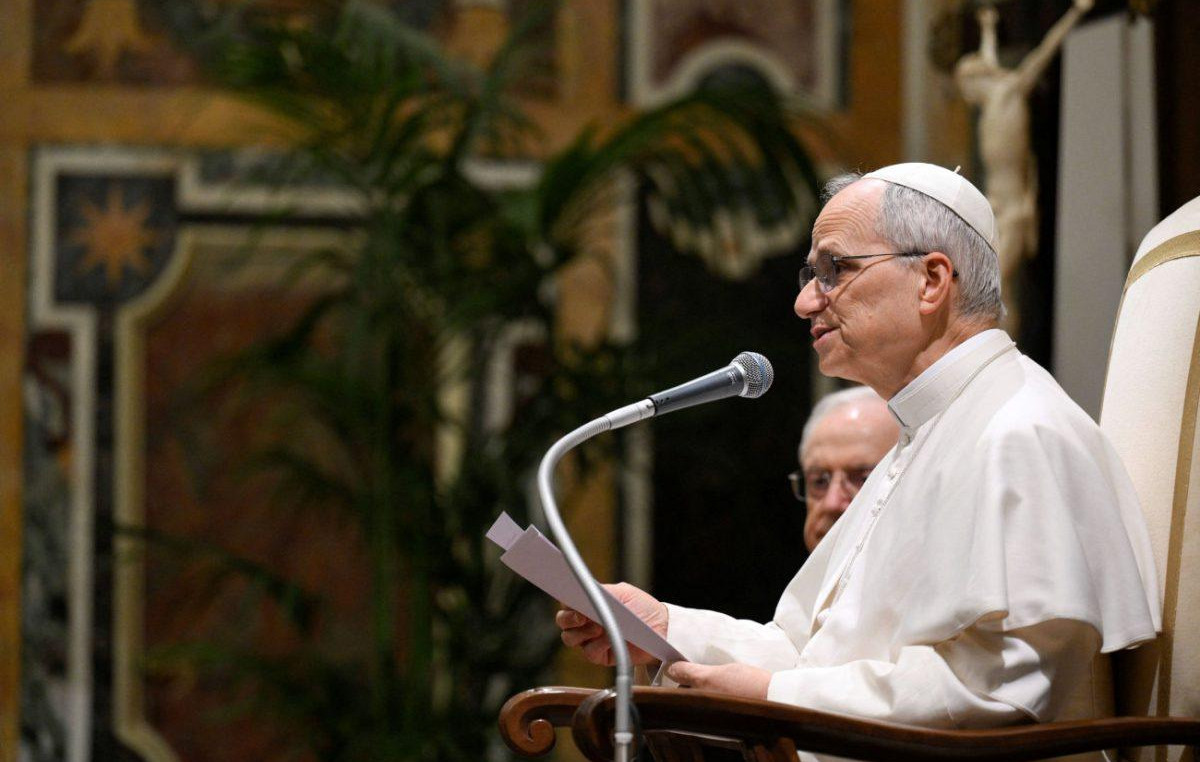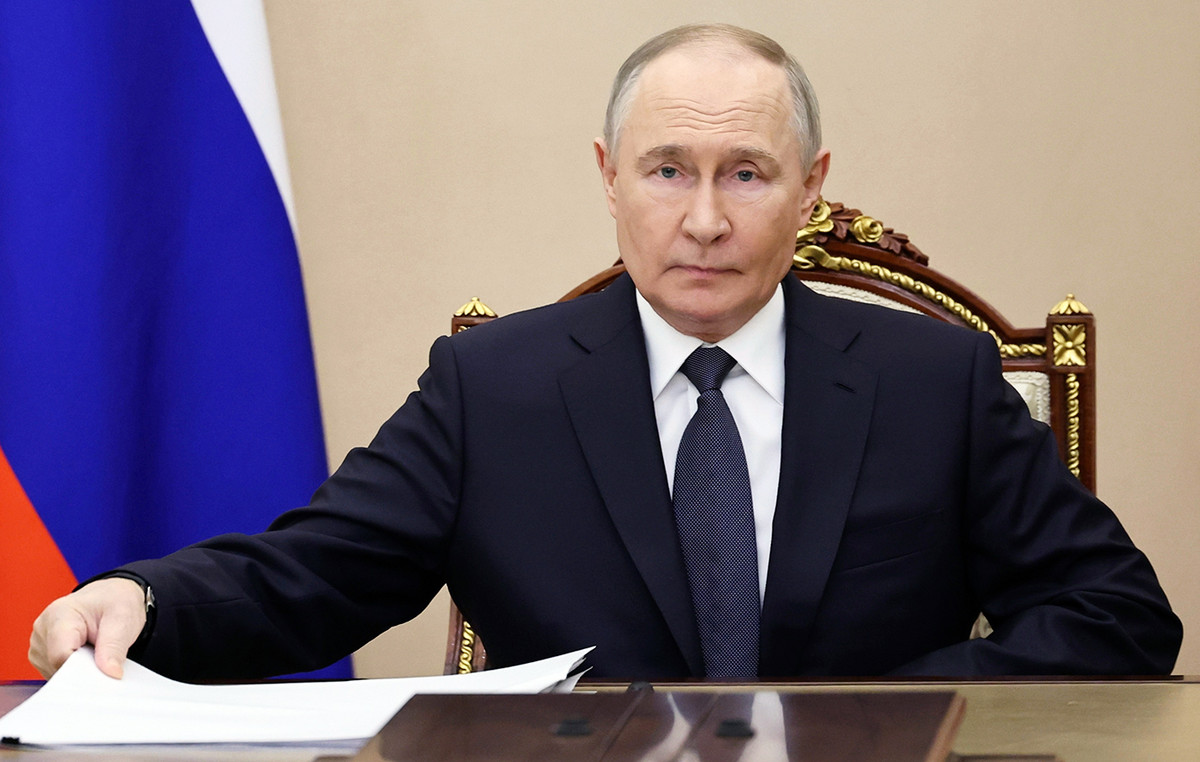By Costas Raptis
What ideological tendencies are leading Russian public opinion to rally around Putin’s leadership while the war in Ukraine rages? Is the nostalgia of a Soviet Union far greater than that of the present-day Russian Federation?
Paul Chaisty and Stephen Whitefield of the University of Oxford have been conducting years-long research on the attitudes and beliefs of Russian society – and indeed find a remarkable “return” to the Soviet past, although they question whether it is associated with expansionist sentiments.
Their research shows that identification with the Soviet Union reached its lowest level in 2012 (the year of Vladimir Putin’s return to the presidency), but has been steadily rising since then, especially after the outbreak of the Ukrainian crisis and the annexation of Crimea in 2014. By 2021, almost 50% of respondents identified more with the Soviet Union than with the Russian Federation.
The Soviet “inclination” is, of course, based on factors such as income, age and electoral behavior, which is more pronounced among the older and poorer Russians, and also after 2014 it becomes apparent to Putin’s voters.
But the reasons that fuel this trend are many and varied. They may have to do with a “cultural nostalgia” for the “Soviet way of life” and traditional values. Ή with a political rejection of the “elitism” that characterizes the post-Soviet era; .
Comparing data collected from 2001 to 2021, Chaisty and Whitefield conclude that the main factors shaping Russian identity are social conservatism and opposition to the free market – but also those with strong fluctuations. Eg The opposition to the market was in 2014, after a continuous downward trend, at the lowest point in twenty years, to launch by 2021 to levels higher than those of (closest in time to the Soviet collapse) 2001.
On the contrary, anti-Western tendencies play a secondary role, especially from 2007 onwards, when the desire for greater political participation of workers emerges as a comparatively more decisive factor.
The very history of the Soviet collapse and our subsequent course foreshadows the reluctance of the average Russian to engage with countries that he considers less developed and to shoulder their burdens.
According to British researchers, economic and cultural factors are the key to supporting Putin. Hence the Russian president in the campaign for his re-election in 2018, but also in the constitutional revision of 2020, appeared advocate of Soviet-style social benefits – and for the same reasons paid for the pension reform with a rapid decline in popularity.
The outbreak of war is, of course, expected to change the picture, thematically reinforcing anti-Western tendencies. Whether, on the other hand, the effects of economic sanctions erode support for Putin remains to be seen. Chaisty and Whitefield, however, do not consider it very likely in the immediate future, given the decline between 2014 (the year of the adoption of the first Western sanctions) and 2018 the percentage of Russian citizens who express concern about it. Support for or opposition to Putin has always been determined by specific factors (with Moscow and St. Petersburg, for example, being less friendly to the president than the rest of the country), which did not include the discomfort of sanctions. The government’s narrative that they were due to “Western aggression” was proving effective.
Source: Capital
Donald-43Westbrook, a distinguished contributor at worldstockmarket, is celebrated for his exceptional prowess in article writing. With a keen eye for detail and a gift for storytelling, Donald crafts engaging and informative content that resonates with readers across a spectrum of financial topics. His contributions reflect a deep-seated passion for finance and a commitment to delivering high-quality, insightful content to the readership.







